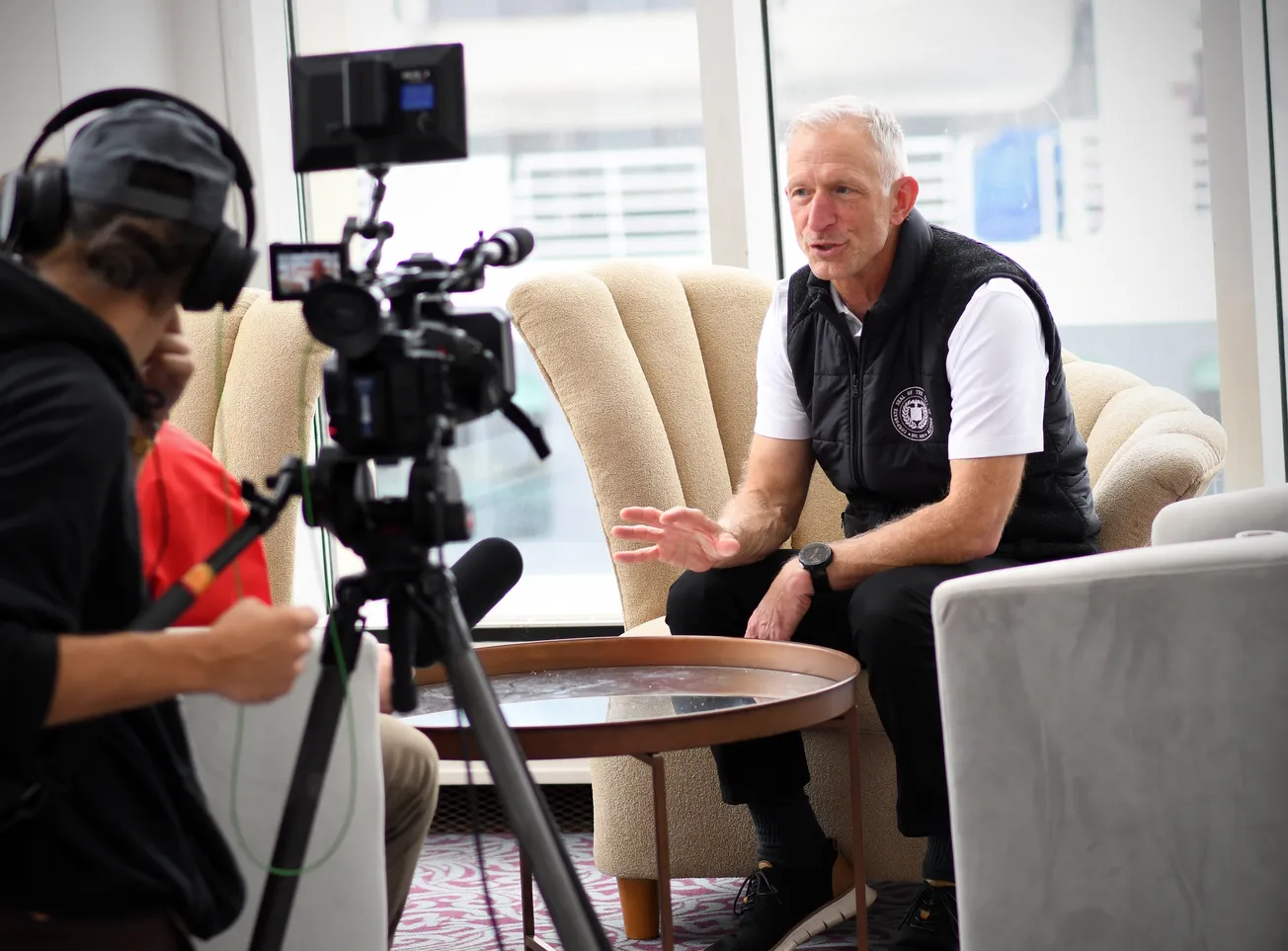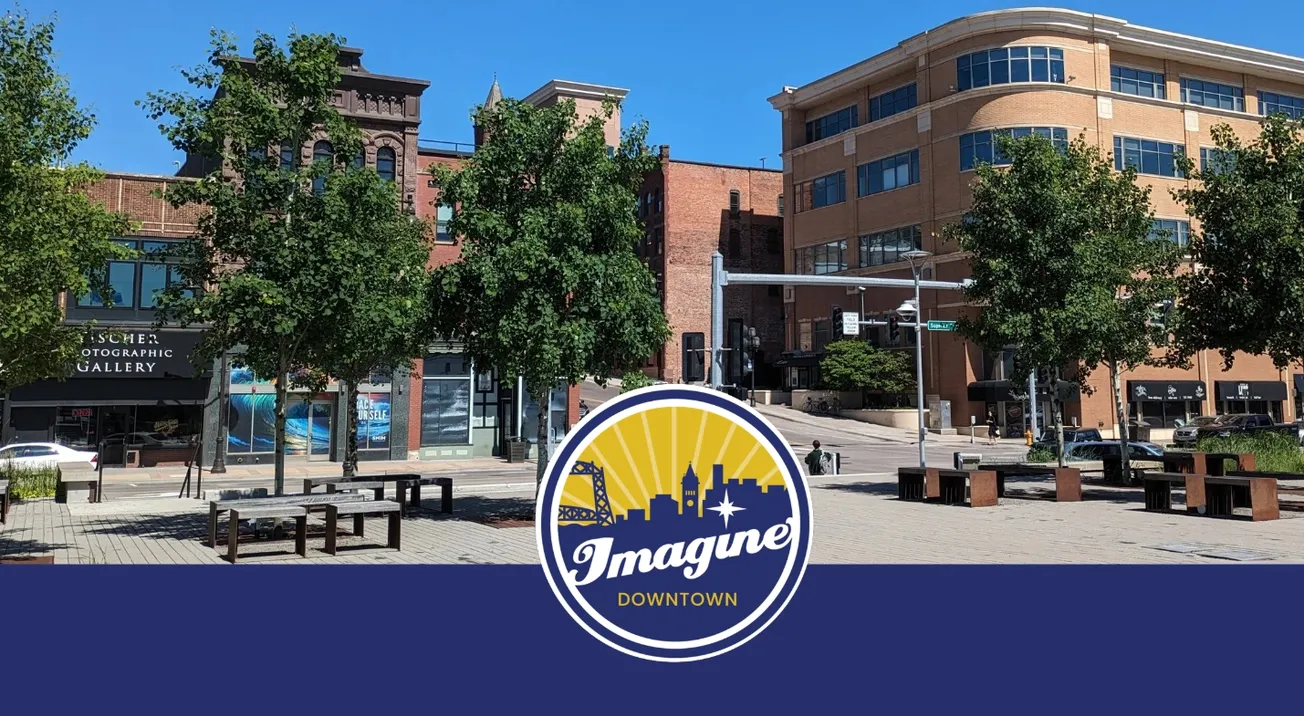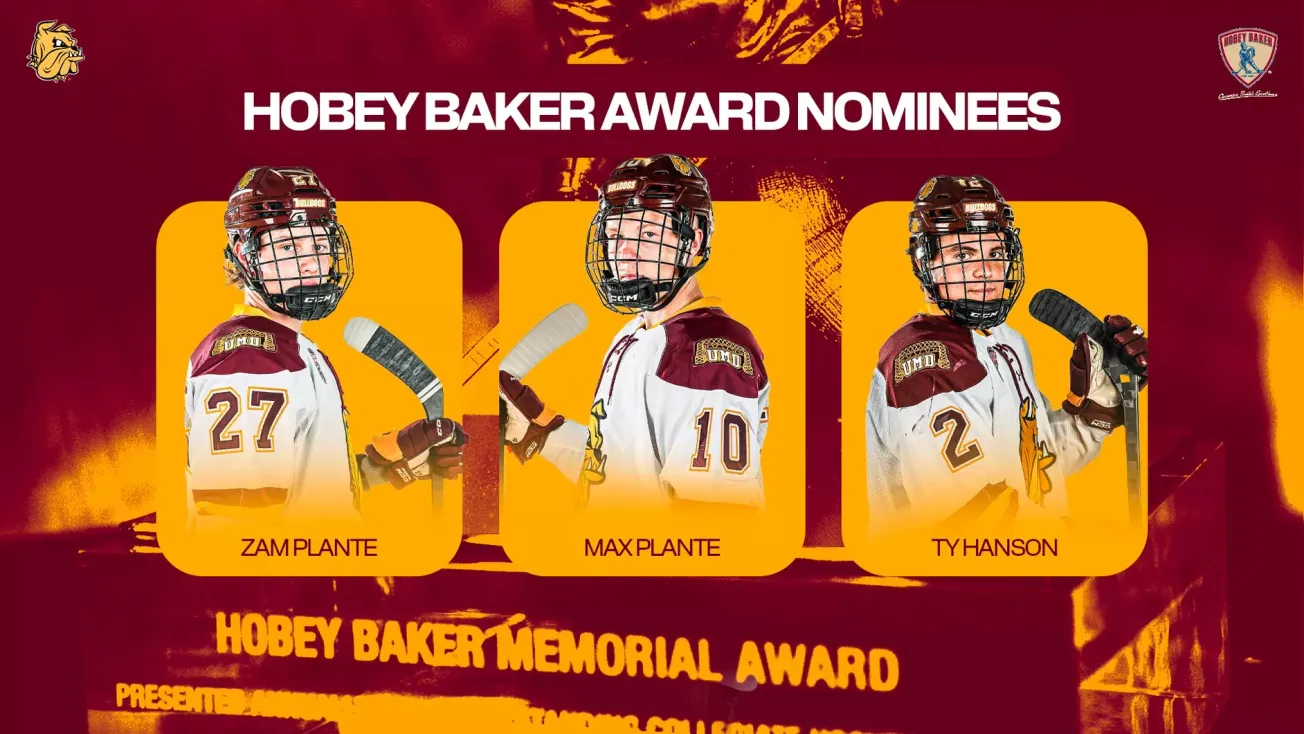
Howie's column is powered by Lyric Kitchen · Bar
When you can’t move dirt, you move the story.
That’s what Duluth’s economic development machine did this month with Lot D — a press push around a $150,000 contamination-cleanup grant that won’t so much as wiggle the seawall.
It will, however, buy one more news cycle, one more photo op, and one more chance to say the project is “underway” while the real money remains out of reach.
Lot D is Duluth’s most valuable piece of empty land and its most expensive to fix — twelve acres of prime harborfront wedged between Pier B and the salt piles. The soil is contaminated, the seawall is crumbling, and nobody’s quite sure what’s under the slabs left by decades of industrial use.
Before anyone can build a single apartment, it’ll take tens of millions just to make the ground safe and stable. That’s the unglamorous part. The glamorous part is the announcement — the optics of motion.
Last summer the city gave Inland Development Partners a new runway: an Amended and Restated Pre-Development Agreement that grants exclusive negotiating rights through December 31, 2026, with firm deadlines next year to produce financing plans and a Phase I Development Agreement. It’s the framework of a partnership, not a promise.
DEDA will eventually sell the land for a token dollar — but only if Inland can prove it can pay for what it’s pitching: roughly 500 housing units, a hotel with 300 rooms, and a new public waterfront stitched to downtown.
So why the sudden theatre now? Because the clock is ticking.
Without visible progress, “exclusive negotiation” starts to look like “exclusive waiting.” Legislators and lenders hate waiting. That $150,000 grant may not move any dirt, but it does move the perception of momentum — and perception keeps this project politically alive. It’s a press release that buys time until a bigger check arrives.
This is not Inland’s fault. They know how the game is played: public dollars pave the way, private dollars follow once the risk is lowered. The city, for its part, understands that in development politics, motion is often manufactured long before it’s real. A grant becomes a “phase.” A study becomes “cleanup.” The renderings do the heavy lifting while the engineers sharpen pencils.
If you peel back the curtain, Duluth’s short-term goal is tactical — keep Inland’s exclusivity alive, hit the paperwork milestones, and convince the Legislature to fund the $10.85 million in site-prep money the city calls the key that unlocks $250 million in private investment.
The long-term goal is bolder: turn a blighted industrial remnant into a new tax-base district with housing, tourism, and a public shoreline.
Both are legitimate goals. But between them sits a 20-million-dollar hole full of contaminated soil.
Taxpayers should be watchful — and specific.
Watch the deadlines in the pre-development agreement. If the city is still celebrating small grants next summer without a signed Phase I deal and real financing attached, that’s your first tell.
Watch the public-private split. A $10 million public stake that “leverages” $250 million sounds good until you ask for receipts: who’s investing what, and what happens if the private side stalls after the seawall is fixed?
Watch the financing tools. Tax-increment financing isn’t magic; it’s future taxes borrowed today.
Watch the adjacent industry, too — those salt piles aren’t going anywhere, and no amount of urban-design optimism will silence a freighter horn.
Most of all, watch the narrative. Every city dresses its hopes in progress language, but Duluth can’t afford to confuse motion with construction.
There’s a difference between a study and a foundation, between a press tour and a pile driver. When officials say “work has begun,” ask which kind.
Still, it would be wrong to call this a con. It’s a process — a long, bureaucratic, high-risk climb. The grant application, the public ask, the staging of optimism — they’re all part of how you lure dollars to difficult dirt.
But honesty matters. Call it what it is: the beginning of a fundraising campaign dressed as a groundbreaking.
So yes, DEDA moved something last week. Not the soil — the story.
And in Duluth, that may be the most valuable thing still on the lot.






